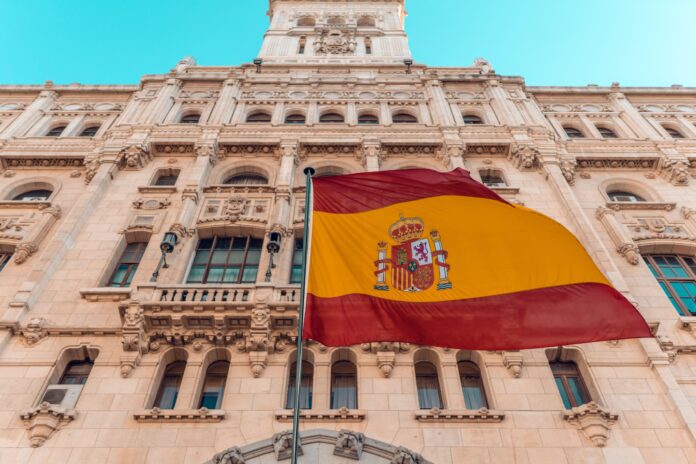One of Spain’s priorities for its six-month presidency of the European Union is to improve working conditions for artists and culture workers across the bloc’s 27 member states. But critics say that the country’s domestic labour reforms, introduced at the start of the year and now stuck in political limbo, do not go far enough to shore up the precarious employment situation of artists back home.
In June, the European Parliament’s culture and employment committees issued a joint report calling for an EU-wide framework to ensure decent wages, fair working practices and access to social security for culture professionals. The report was co-drafted by the Spanish MEP Domènec Ruiz Devesa and the Dutch MEP Antonius Manders.
It outlines the “precariousness and instability” that many culture workers face, listing unpredictable income and a lack of unemployment support as some of the major challenges. Devesa hopes the report will be approved before the European Council meets in November, so that ministers will use the recommendations as a basis for discussion.
Devesa tells The Art Newspaper that the recommendations follow the Spanish model. In January, Pedro Sanchez’s Socialist government approved its first significant legislative reform to implement a so-called Statute of the Artist. The decree is intended to support around 70,000 registered artists nationwide, including the creation of specific unemployment benefits and reductions of personal income tax rates. It also makes it possible for artists to continue working through retirement without having to give up their pension.
“The decree is one of the most important advances that have been made so far, but it only affects performing artists, musicians, actors and technicians,” points out Gloria Reguero, an engraver who is the president of the Union of Contemporary Artists of Spain. Visual artists including painters and sculptors are not officially considered “artists” when they register as self-employed in Spain, but as “liberal professionals”, and are therefore left out of the reform. “An artist is understood to be someone who appears on television or who goes on stage. The word is the same, but the concept is not,” Reguero says.
The Statute of the Artist reform is now up in the air following the inconclusive results of the Spanish general election on 23 July, which left a hung parliament with no clear governing majority. The conservative opposition leader, Alberto Núñez Feijóo, has the first opportunity to form a government in a parliamentary vote on 27 September; if he fails, Sanchez will seek another term in office. “We assume that with a socialist government there will be continuity, but for the moment we cannot know,” Reguero adds.
Meanwhile, simply operating as a registered artist in Spain comes with financial pressures. Jesus Díaz, a score composer for film and television, explains: “In Spain it costs around €300 per month to be registered as self-employed. That’s a lot of money, given that it is very difficult to start a business in the arts.”
The Spanish National Federation of Music has welcomed the decree but warns that the measures are “insufficient” as self-employed artists with an annual income of less than €3,000 would still be required to pay €1,932 a year in registration fees.
The prohibitive costs mean that some Spanish creatives avoid the system altogether. David, a 29-year-old photojournalist, says: “I can’t afford to be registered and I have another job on the side, in a bar, to cover my expenses.” He finds it difficult to pursue photojournalism as a full-time career. “I don’t think I’ll make enough to be able to retire in good conditions,” he adds.
The report submitted to the European Parliament notes that 38% of professionals in the cultural and creative industries are in the bottom 30% of wages across the EU.

























